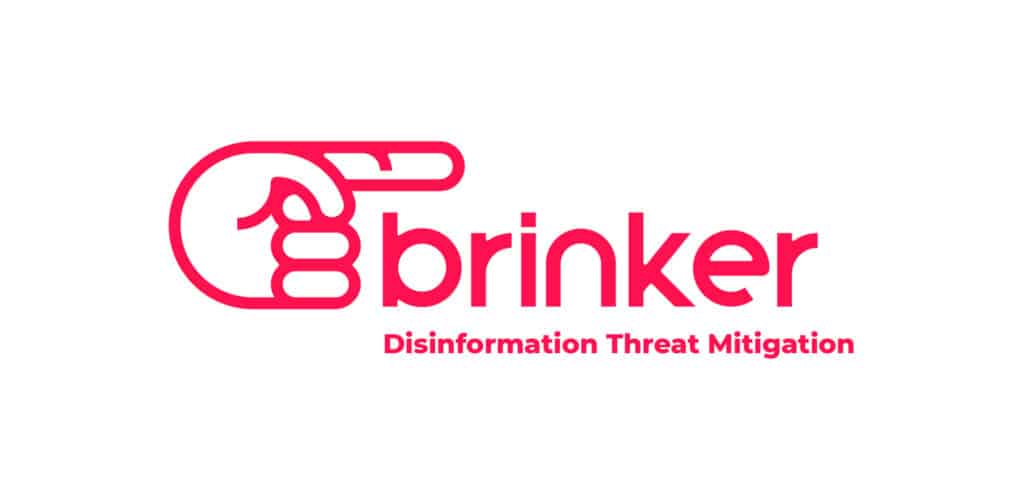It’s ironic that government surveillance might push the public to embrace technology pioneered by the Department of Defense. But so it is: new metrics from The Tor Project show that use of the online anonymity service has exploded since early June: up more than 100 percent, from just over 500,000 global users to more than 1.2 million. Why the sudden surge in privacy conscious Internet users? It would be easy to connect the dots between revelations about the U.S. government’s omnibus data gathering program PRISM and the sudden desire of Internet users to sacrifice some speed and performance for the privilege of having their online doings passed through The Onion Router. Still, it’s not clear that this is the case. To be sure: growth is being seen across the board, not just in active users, but in the number of ToR clients running, the data suggests. There are steep increases […]
Tag: reports
Privacy: From Right To Fight
As more and more of our public and private spaces are equipped with remote sensing and surveillance technology, personal privacy – at least as it has been understood for the last two or three centuries – is endangered. The solution, of course, is through improved privacy legislation and, perhaps, a more expansive reading of the U.S. Constitution’s 4th Amendment protecting against search and seizure. But, with policymakers in Washington D.C. stuck in a rut, and many EU nations as hooked on surveillance as the U.S., the onus falls to individuals to do what they can. That’s the subject of my latest column for ITWorld, where I talk about what is likely to be the next stage in our society’s rapid evolution on matters of privacy and security, what I’ve termed “The Jamming Wars.” Like other social movements, this will be fueled by a growing rift between the law and a […]
Updated – Hackout: Philips Smart Lightbulbs Go Dark In Remote Attack
Add lightbulbs to the list of everyday technology that is 1) Internet connected and 2) vulnerable to crippling remote attacks.* Writing on Tuesday, security researcher Nitesh Dhanjani disclosed a proof of concept hack against HUE lightbulbs, a brand of wi-fi enabled bulbs manufactured by the firm Philips. The vulnerability discovered by Dhanjani allows a remote attacker to use her mobile device to control HUE. HUE wi-fi enabled bulbs are sold at Apple stores and allow users to control the function and color of the bulbs using iPhone and Android mobile apps. Dhanjani published his findings in a paper, “Hacking Lightbulbs,” which calls the HUE system of bulbs and a wireless bridge “wonderfully innovative,” but also prone to hacking. The most serious flaw discovered would allow a remote attacker to impersonate a white-listed (or “allowed”) mobile device, sending commands to HUE bulbs that could cause them to turn off or manipulate […]
Anonymous Email Services Shutter In Wake Of Snowden
Faced with the prospect of being forced to turn over metadata from their customers’ private correspondence to secret courts in the U.S. or other countries, two prominent secure e-mail services decided this week to cease operation. The secure email service Lavabit – lately the choice of NSA leaker Edward Snowden – announced that it was ceasing operations on Thursday after ten years of operation. The announcement was followed, on Friday, by a similar one from the security firm Silent Circle, which operated Silent Mail. Both companies cited the difficulty of securing e-mail communications and the prospect of secret government subpoenas to obtain information on the activities of their customers as the reason for deciding to stop offering secure email services. In a message posted on the Lavabit.com web site, owner and operator Ladar Levison said that he was being forced to “become complicit in crimes against the American people or […]
Breaking And Entering: Hackers Say “Smart” Homes Are Easy Targets
In just the last two years, the price of home automation technology has come way down, while variety has exploded. Smart home technology goes way beyond niche products like the Nest IP-enabled thermostat or (save us) the “HAPIfork.” A growing list of vendors are selling infrastructure to support a whole network of intelligent “stuff”, enabling remote management of home security and surveillance systems, IP-enabled door locks, IP enabled lights, smart home appliances, HVAC (heat and cooling) and more. Pretty cool. And, also, pretty scary. What if that IP-enabled door lock or garage door opener could be hacked by someone outside your home and made to open on its own? Breaking and entering just got a lot easier. Or, what if a HVAC system could be hijacked and remotely disabled or forced to operate in ways that would damage the system or even cause a fire or electrical short in the […]






